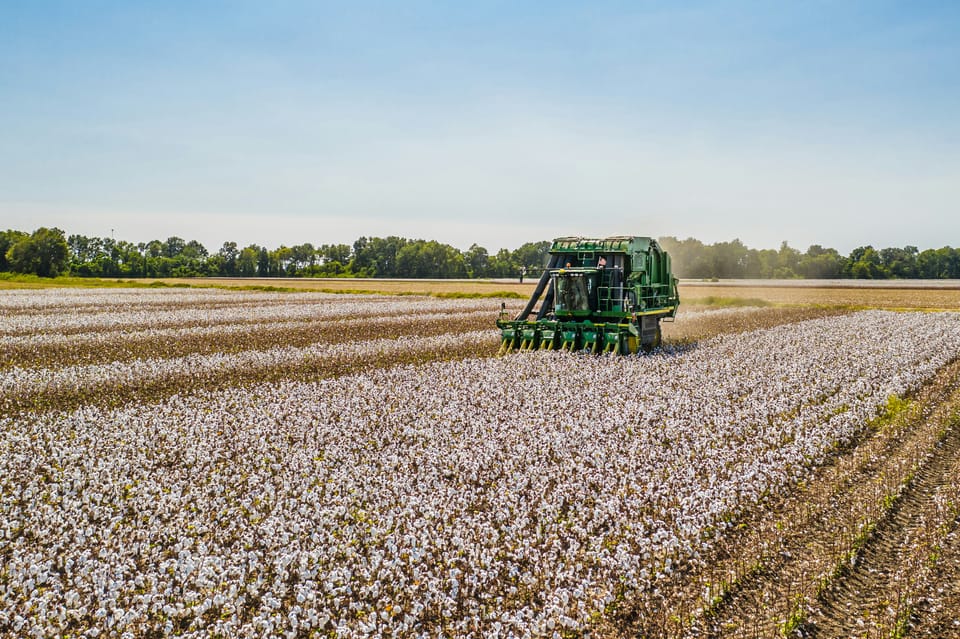Better Cotton opens consultation on updated standards amid growing complaints
An April 2024 investigation linked Better Cotton-licensed farms to deforestation in Brazil.

Cotton sustainability initiative Better Cotton has launched consultations to update its standard system, after complaints about its activities more than doubled between 2023 and 2024.
The nonprofit is revising its Chain of Custody (CoC) Standard – auditable requirements for those selling or buying cotton supply produced more sustainably according to its guidelines – as well as its Claims Framework – which governs how initiative members and certified organisations can make credible claims about the cotton they purchase.







